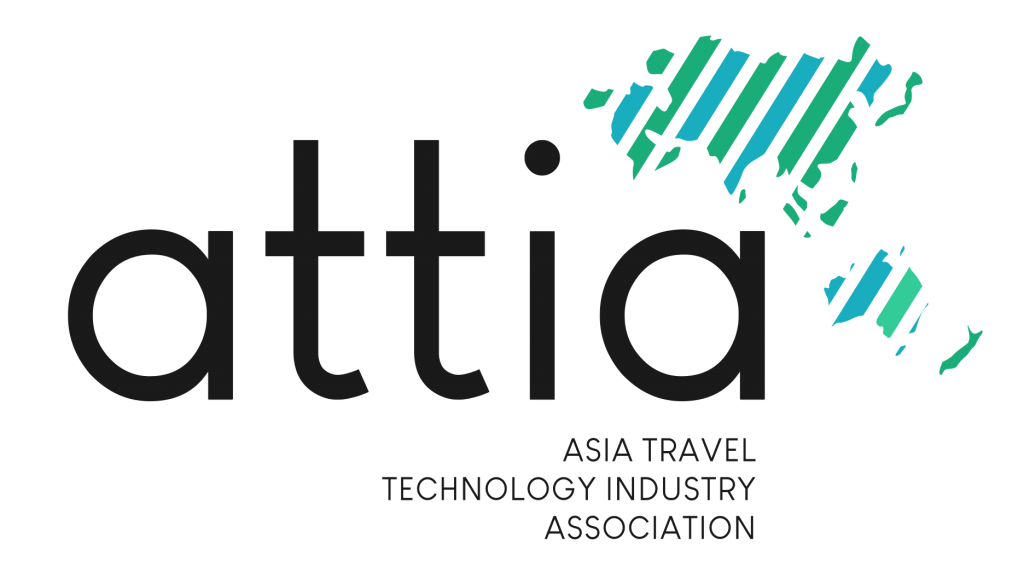We provided our comments to India’s Department of Consumer Affairs’, regarding their new voluntary guidelines for fake review and ratings on e-commerce platforms (December 16th, 2022). We ask that they be kept voluntary, given the high-standards for user reviews observed on our Members’ platforms.

ATTIA has studied the Department of Consumer Affairs’ new voluntary guidelines for addressing fake reviews and ratings on e-commerce platforms in India, which would also apply to many online travel agency (OTA) platforms. We understand that the Bureau of Indian Standards (BIS) is also developing a Conformity Assessment Scheme for the standards, in order to assess and certify compliance by participating e-commerce platforms.
Given the direct relevance of OTA platforms to the new voluntary guidelines, we request that you take our association’s perspectives into consideration when reviewing the success of the guidelines, and when deciding on any further measures to combat fake e-commerce reviews and ratings in India.
Overall, our association’s Members appreciate the Department of Consumer Affairs’ pragmatism and initiative in formulating a voluntary mechanism to combat the scourge of fake reviews and ratings. We also appreciate that your Department has proactively engaged key e-commerce players in formulating a response to the issue.
In general, our Members are supportive of self-regulatory initiatives which place government and industry as partners in improving the digital economy for all. From an OTA perspective, online travel players have long championed stringent standards for customer reviews and ratings in markets globally. For instance, all of our association’s OTA Members only permit verified customers to leave reviews. By doing so, our Members have been able to maintain high levels of consumer trust in their platforms, while empowering consumers with greater transparency on potential accommodation and services they may book.
We nonetheless understand that your Department is considering the possibility of making the voluntary guidelines mandatory together with the associated BIS certification, depending on whether the prevalence of fake reviews is alleviated in India. While we understand that your timeline for making a decision is within the next 6 months to 1 year, the actual criteria for making the guidelines mandatory remains unclear to us. From an operational perspective, this poses legal uncertainty to our association Members and their Compliance Teams.
Crucially, while we appreciate that your Department may have consulted various e-commerce platforms operating in India, we note that none of them were global OTAs, which have long adopted high standards for user verification and reviews to maintain high levels of consumer trust and safety.
Consequently, we believe that the ‘broad brush’ approach of requiring platforms to comply and obtain BIS certification would not be appropriate for an industry as broad as e-commerce. Based on regulatory best practices for emerging technology areas, formal regulation is only appropriate if it is tailored to specific categories of stakeholders with similar characteristics, or if it specifically addresses a well-defined harm. On both of these factors, we do not think that an industry-wide certification requirement is an appropriate response.







